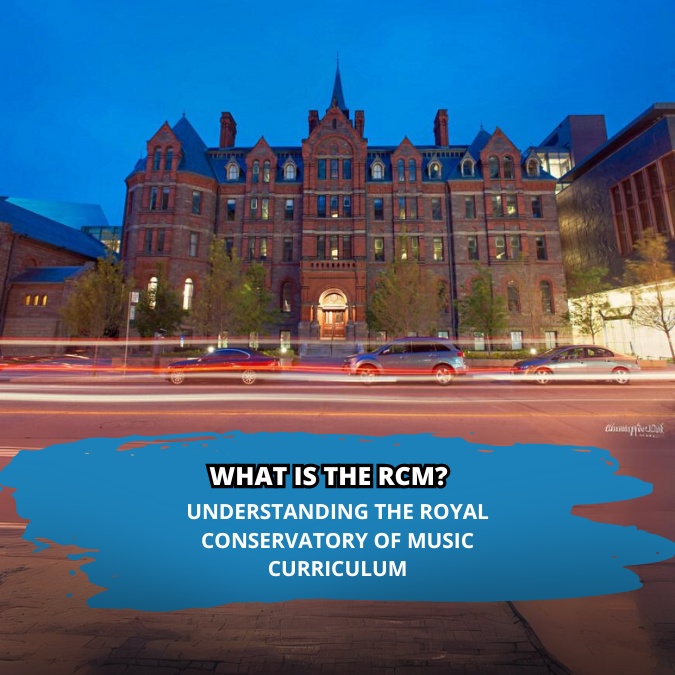What Is the RCM? Understanding the Royal Conservatory of Music Curriculum

Introduction to the Royal Conservatory of Music
History and Overview of the RCM
The Royal Conservatory of Music (RCM) is a prestigious music institution founded in 1886. Its primary mission is to provide a structured and comprehensive education system for aspiring musicians. The RCM curriculum emphasizes both practical performance and theoretical knowledge, making it a well-rounded approach to music education. Students enrolled in RCM programs are encouraged to develop their skills at their own pace, but with measurable milestones..
Importance of RCM in Music Education
RCM is one of the most recognized music education systems in North America. It serves as a benchmark for musicians seeking to achieve formal accreditation in their field. By following the RCM, students not only gain proficiency but also recognition through certificates that are respected worldwide. This ensures that students have the skills to pursue higher education in music or even professional careers.
RCM Levels and Structure
Breakdown of RCM Levels: Beginner to Advanced
The RCM curriculum is structured into several levels, starting from Preparatory and moving up to Level 10, followed by ARCT (Associate of the Royal Conservatory of Toronto). Each level progressively increases in difficulty, requiring students to develop more advanced technical and theoretical skills. These levels are designed to accommodate learners of different ages and skill levels, from young beginners to advanced students aiming for professional music careers.
How RCM Levels Correspond to Musical Development
RCM levels correspond directly to a musician’s growth. Beginner levels focus on foundational skills such as reading music and basic instrument techniques, while intermediate levels build on these foundations with more complex pieces and theory. Advanced levels require mastery over instrument techniques, advanced theory, and performance skills, making them suitable for students preparing for auditions or professional performances.
Core Components of the RCM Curriculum
Practical Exams: Instrumental and Vocal Focus
The RCM curriculum emphasizes practical exams as a core part of its education model. These exams assess students on their chosen instrument or vocal ability, with each exam tailored to the student’s current RCM level. The practical exams test students on scales, arpeggios, and selected pieces that reflect the technical and expressive demands of their level. Students are also evaluated on their performance skills, such as stage presence and musical interpretation.
Theoretical Exams: Understanding Music Theory
RCM theory exams are a vital part of the curriculum, ensuring that students grasp the essential theoretical knowledge needed for music. Topics include notation, intervals, chords, and harmony, progressing to counterpoint and analysis in the advanced levels. Music theory provides students with the tools they need to understand the structure behind the music they perform, enhancing their ability to interpret and create music.
Ear Training and Sight Reading in the RCM
Ear training and sight reading are integral to the RCM program. Ear training helps students develop the ability to recognize pitches, intervals, and rhythms by ear, which is essential for both performers and composers. Sight reading teaches students to play a piece of music accurately upon first reading, without prior rehearsal. Both skills are tested throughout the RCM levels and are essential for advancing through the program.
Benefits of the RCM Program for Students
Skill Development Through Structured Learning
RCM provides a structured learning pathway that allows students to progress in a systematic way. The curriculum challenges students to continuously develop their technical, theoretical, and performance abilities. This ensures that they grow as well-rounded musicians, mastering the necessary skills for success in music. Structured learning also helps build discipline, as students are required to meet specific goals and prepare for exams.
Recognition and Accreditation of RCM Certificates
Students who complete RCM exams are awarded certificates that are widely recognized across North America. These certificates can be a stepping stone for further studies, such as entry into university music programs or pursuing a professional career. The standardized nature of the RCM means that potential employers or schools can trust the certification as a marker of a student’s proficiency and dedication to their craft.
How to Enroll and Prepare for RCM Exams
Enrolling in the RCM: What You Need to Know
Enrollment in the RCM program can be done through affiliated music schools or directly via the RCM website. Students are typically assigned a level based on their current skills, though they may need to undergo an assessment to determine the appropriate starting point. It is essential to ensure that students have the necessary materials, such as official RCM exam books, and are under the guidance of a qualified music teacher.
Best Practices for Preparing for RCM Exams
To prepare for RCM exams, students should focus on consistent practice, especially on the key components of their current level, such as scales and selected pieces. A balanced approach that includes ear training, theory practice, and performance rehearsals is recommended. Working with a teacher who understands the RCM requirements can help students focus on areas that need improvement and develop strategies for exam success.
Is the RCM Right for You?
Key Takeaways on the RCM Curriculum
The RCM is an excellent program for students who are serious about pursuing music in a structured, accredited format. Its blend of practical, theoretical, and performance elements provides a comprehensive education that is both challenging and rewarding. Whether you’re a beginner or looking to advance to the highest levels, the RCM offers opportunities for musicians at every stage of their development.
Next Steps for Aspiring Musicians
For those interested in joining the RCM program, the next step is to find a local RCM teacher or music school that offers the program. Students should set goals based on their current skill level and work towards preparing for their first exam. Remember, success in the RCM requires dedication and practice, but the rewards are significant for those committed to their musical journey.
Frequently Asked Questions (FAQ)
Q: What is the Royal Conservatory of Music (RCM)?
A: The Royal Conservatory of Music (RCM) is a Canadian-based music education system that offers structured levels of learning for musicians. It provides accredited exams in both practical performance and theoretical knowledge, widely recognized across North America.
Q: How many RCM levels are there?
A: The RCM program consists of 10 levels, ranging from beginner to advanced, followed by the ARCT (Associate of the Royal Conservatory of Toronto) diploma. Each level increases in difficulty, requiring more advanced musical skills.
Q: What is the importance of theory in RCM exams?
A: Music theory is a critical component of the RCM program. It helps students understand the underlying structure of music, enabling them to interpret pieces better and improve their performance and composition skills.
Q: Can I take RCM exams online?
A: Yes, the RCM offers online theory exams for students. Practical exams are typically held in person, but the RCM has introduced online options for certain levels due to the increasing demand for flexibility in exam formats.


